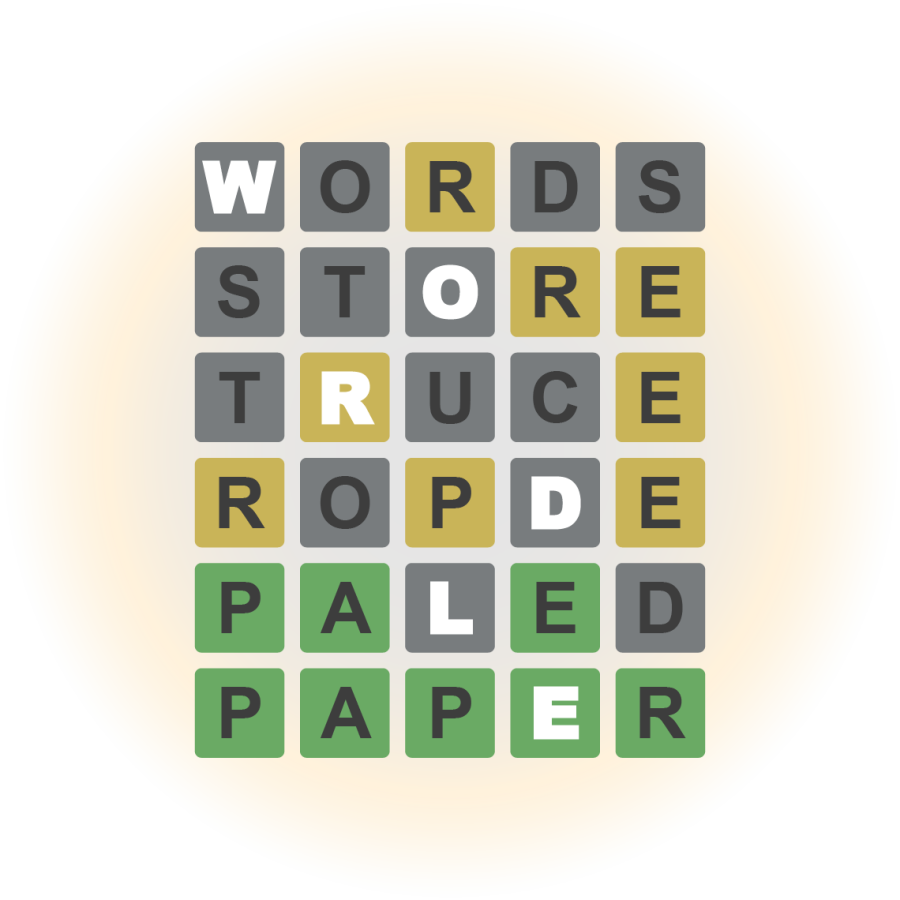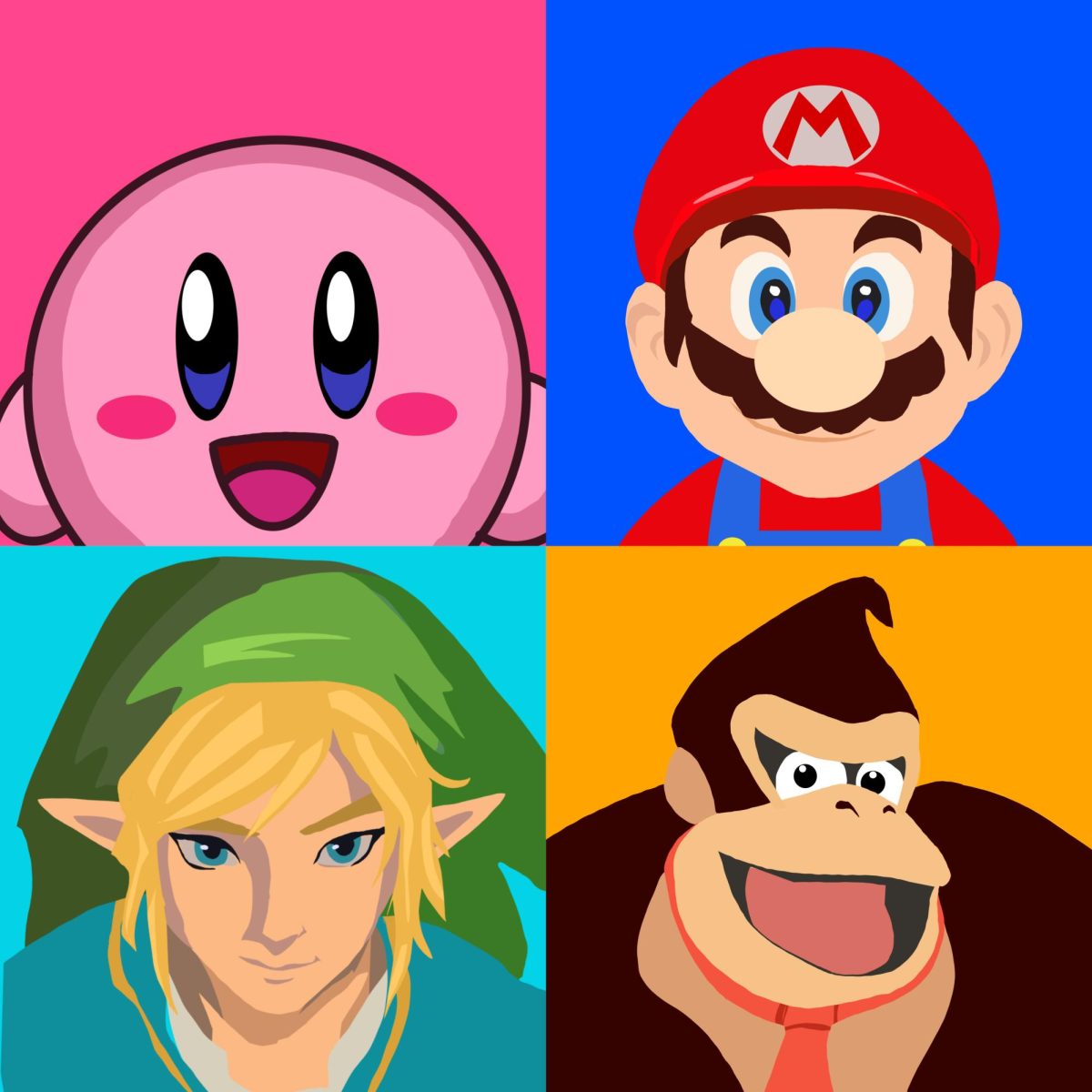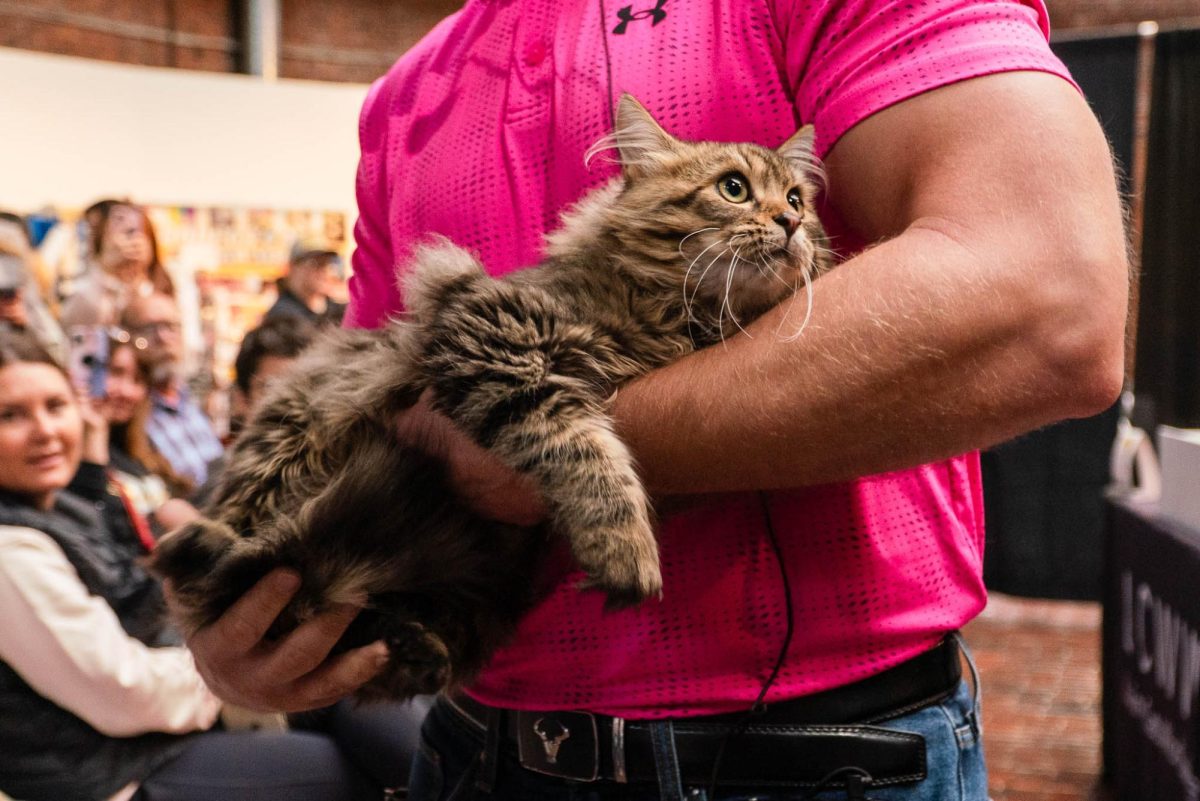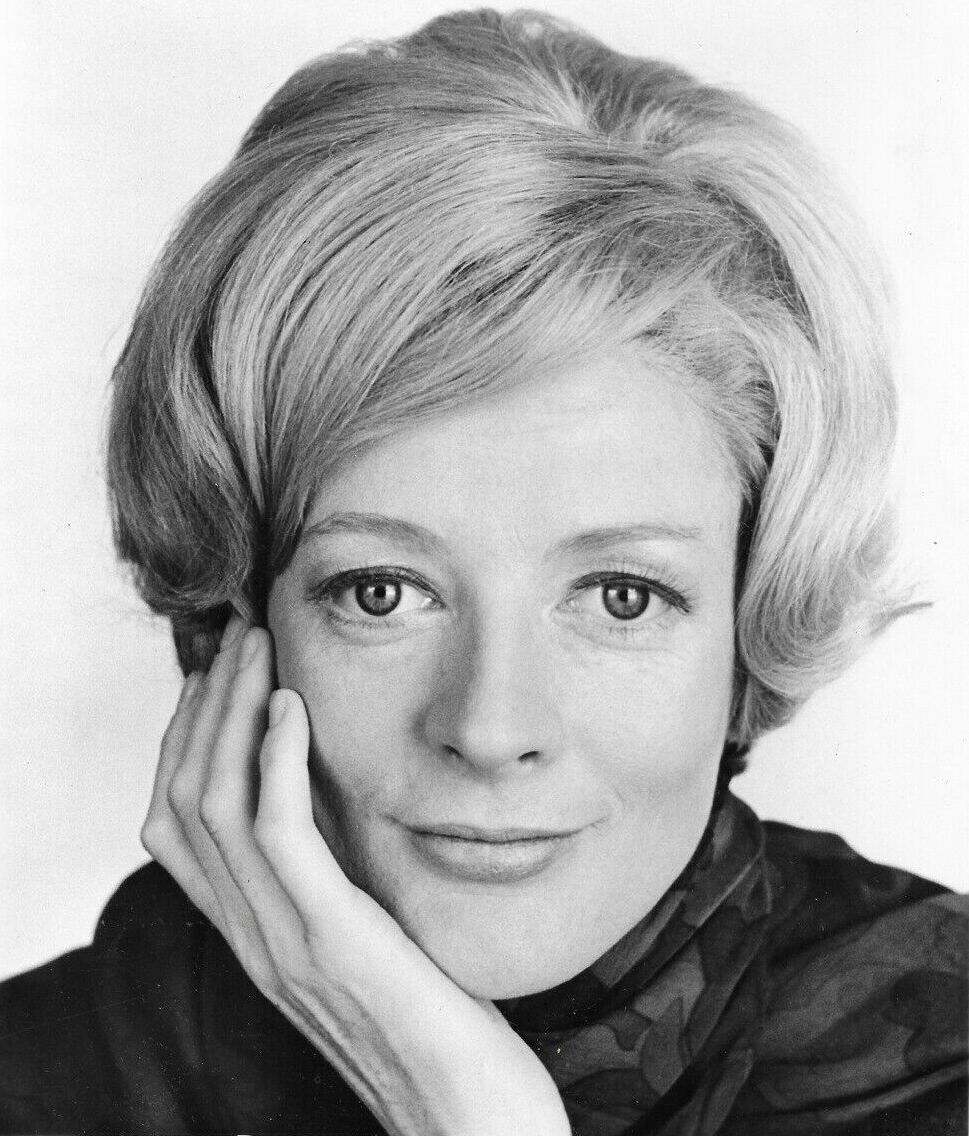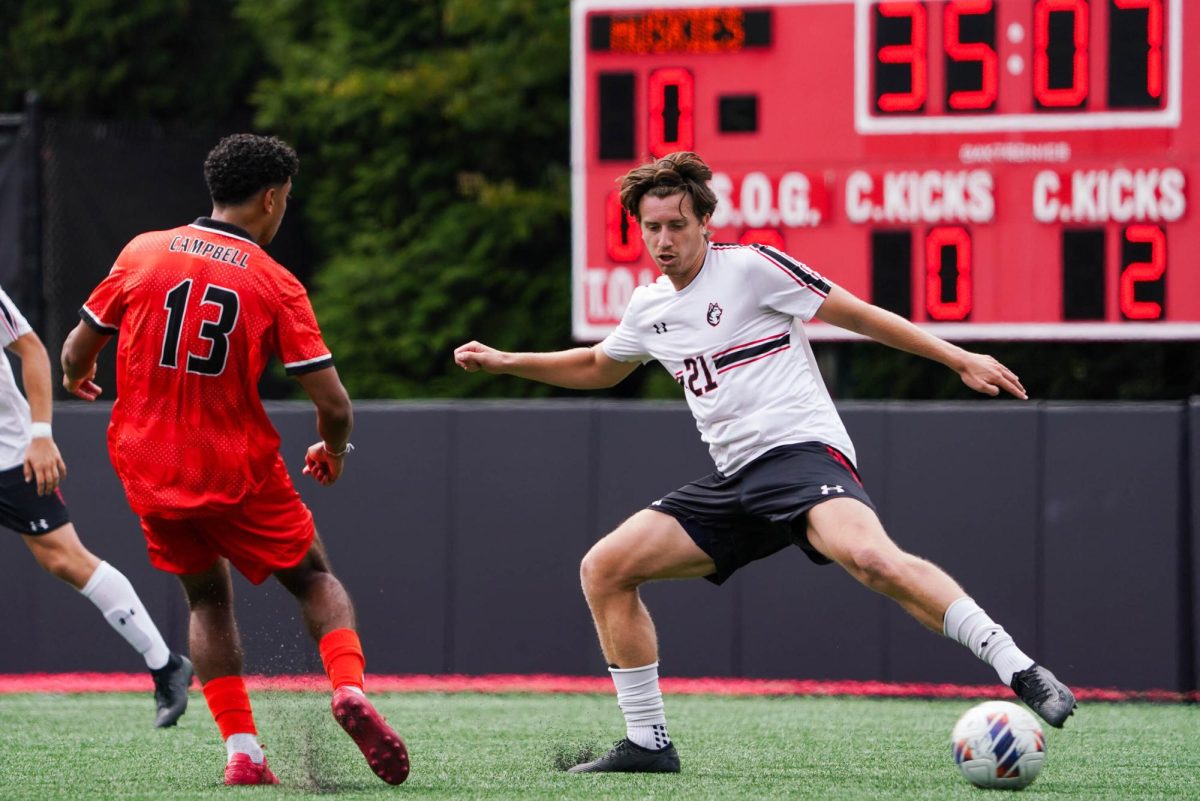Wordle skyrockets as popular word puzzle at Northeastern
Wordle has skyrocketed in popularity as a daily word puzzle. The game challenges users to guess a five-letter word in six attempts.
February 9, 2022
With the help of social media, the online game “Wordle” has recently become many people’s favorite word game — and Northeastern students are no exception.
Created by software engineer Josh Wardle and purchased by The New York Times Jan. 31, Wordle is a daily word game where the objective is to guess a different five-letter word within six attempts. For each word that’s guessed, the letters will turn one of three colors: If it turns gray, that indicates the letter is not in the target word. Yellow indicates that the letter is in the target word, but in the incorrect spot. And, if the letter turns green, it is both in the target word and in the correct spot.
Wordle was originally created as a gift for Wardle’s partner, but the software engineer decided to release the game publicly after it became popular among his relatives. Released to the public in October 2021, the game went from 90 players a day to 300,000 a day over the course of two months.
The website allows players to easily share results on social media platforms like Twitter without revealing the day’s word for those who might not have played yet. As a result, the game has gained massive traction with about 3 million tweets about the game posted between Dec. 23 and Jan. 27. Wordle now has around 2 million players. Adding the sharing feature that allows results to be broadcasted and compared with others adds a competitive edge to the game contributing to its recent spike in popularity.
“One of my friends used to play it, and I came to know about it from Twitter,” said Rahul Udhayakumar, a second-year graduate student pursuing a master’s degree in information systems. “I don’t play that much but I gave it a try… You can compete with friends, so it’s fun to play it that way.”
Pressing the share button converts your results to gray, yellow and green emoji squares which can be shared through text message or social media. The game saves how many guesses it takes a player to reach the correct answer, and also creates a guess distribution graph.
“The one thing I like is when it shows you what letters you got wrong, because then it’s even more of a puzzle to figure out what letters you haven’t used yet and try to figure out which ones are the right ones,” said Zoe Wernsing, a first-year behavioral neuroscience major.
Northeastern students have jumped on the Wordle bandwagon, with some even integrating it into their daily lives. Michelle Freeman, a second-year bioengineering major, starts off her day with the acclaimed brain-teaser.
“My boyfriend was saying that him and his mom played that game, and I was like ‘I don’t want to play it,’ but then I tried [it] and it was fun,” Freeman said. “My favorite part about the game is that it doesn’t have ads.”
For those who feel they need more than one word a day or a more challenging option, a number of similar games have been created online as well, all with their own unique modification on the original game. These alternatives include hello wordl, Letterle, dordle, Quordle, Absurdle and Wordle Unlimited.
The popularity and unique community-building effect of Wordle has inspired a renaissance of brain-teaser games. After catching the eye of The New York Times Games Jan. 31, Wordle only has room to grow.


